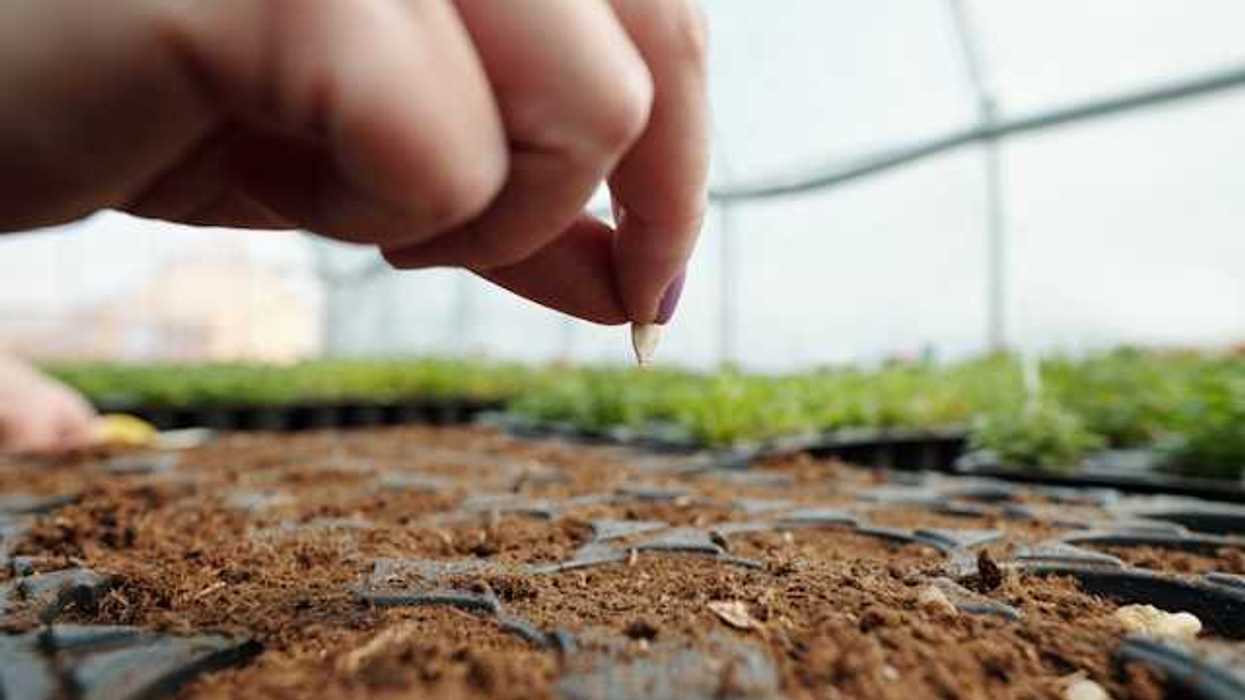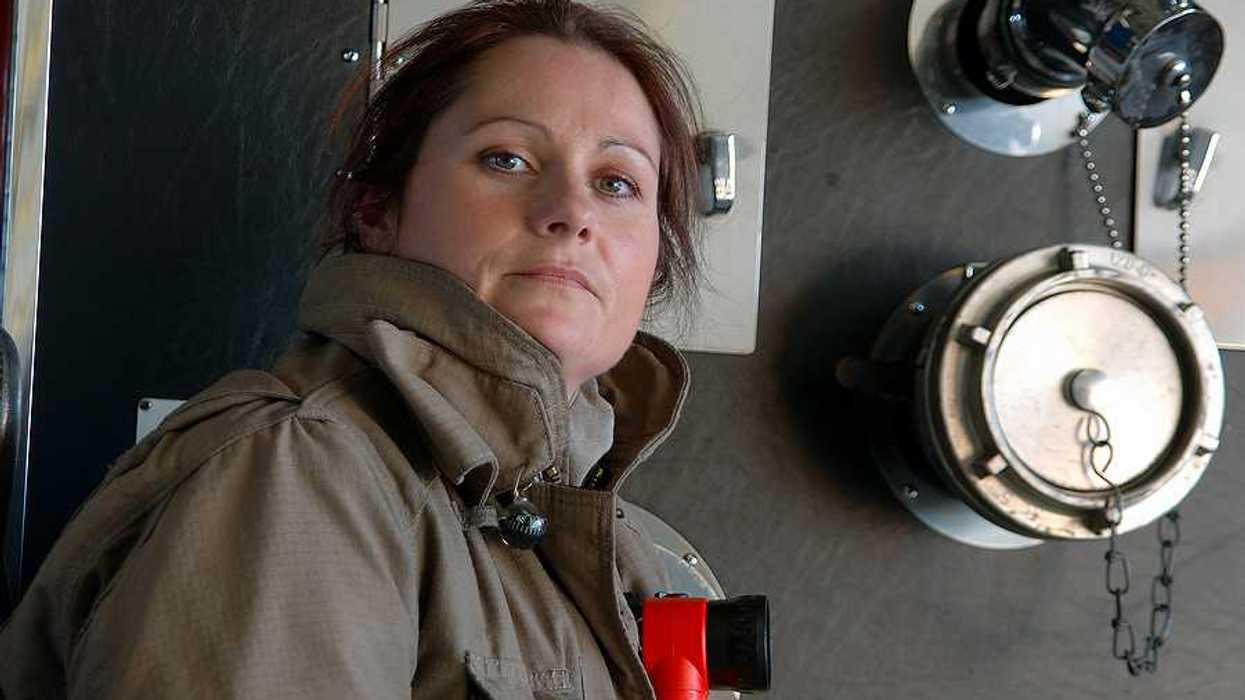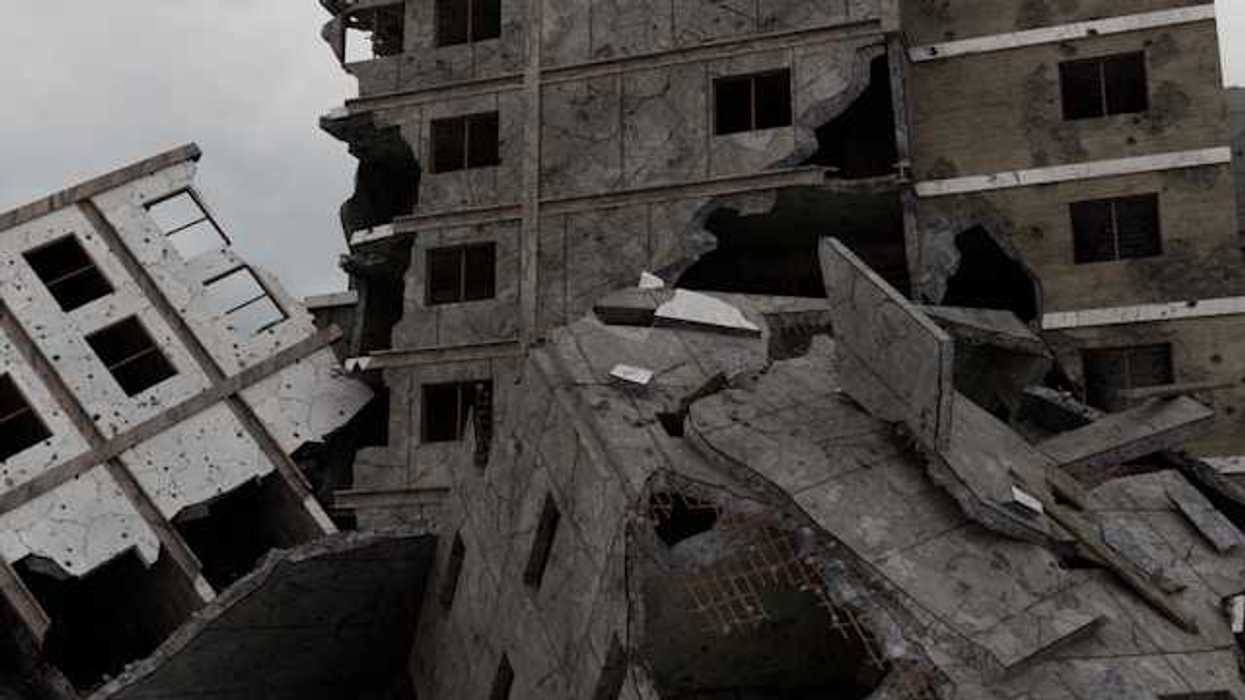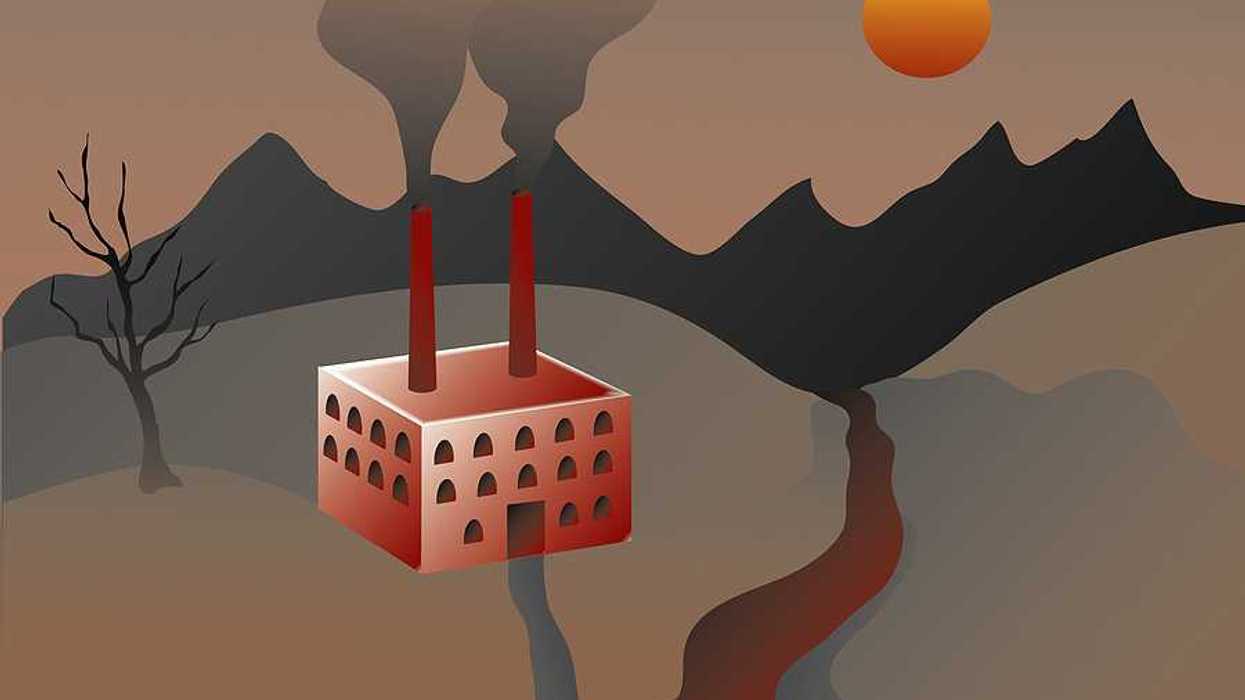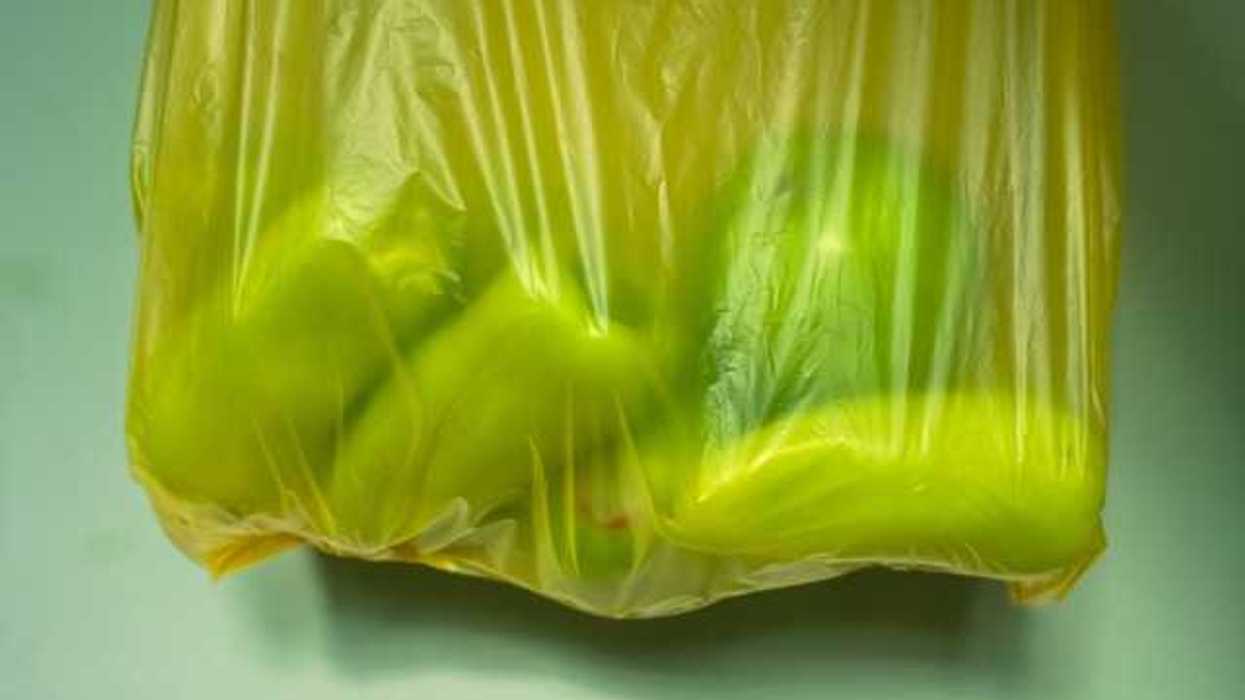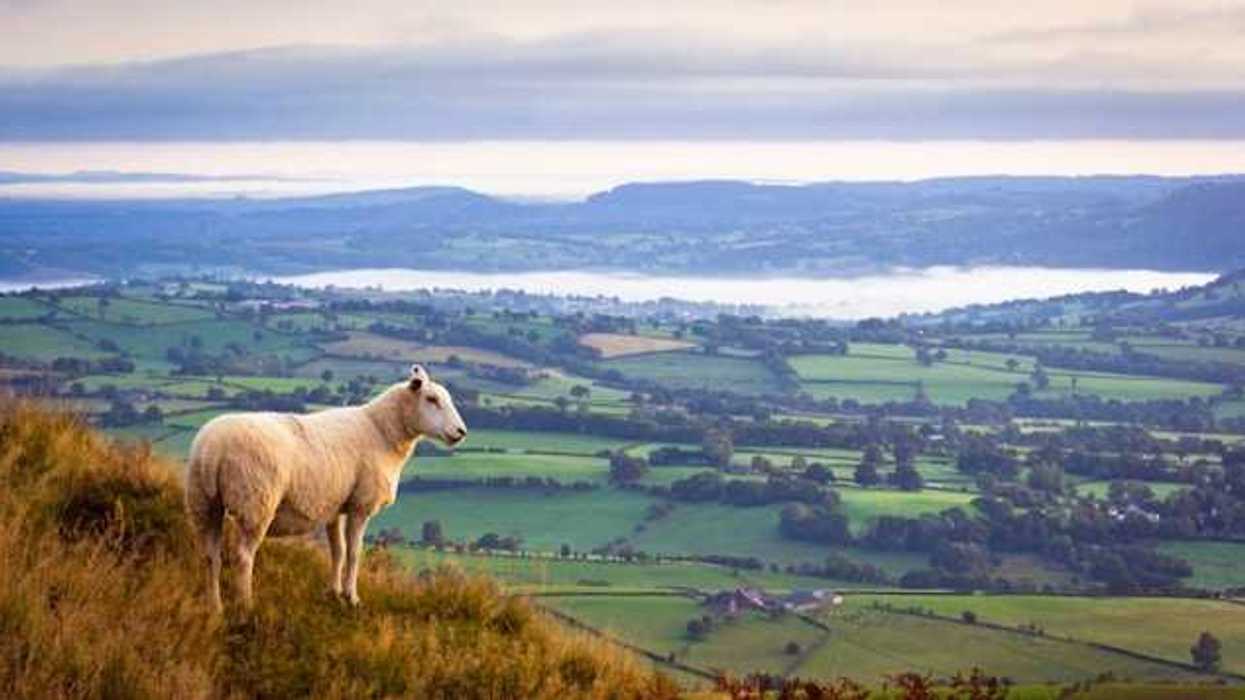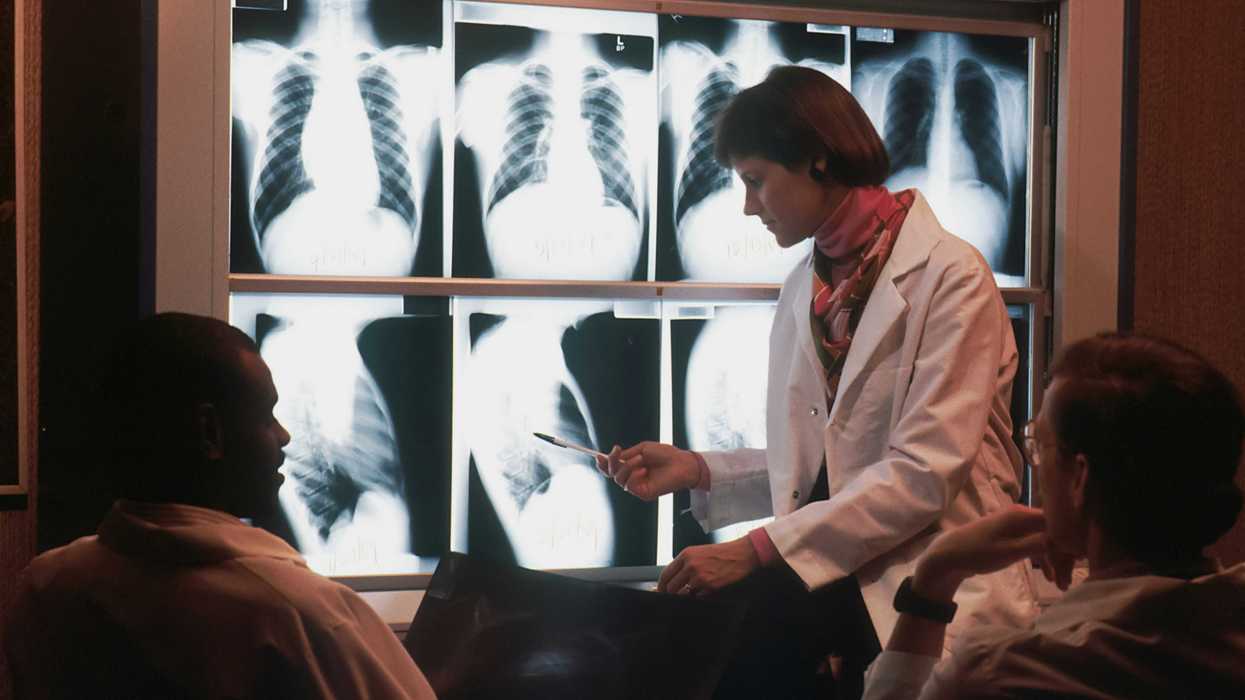In Charleston, S.C., environmental advocates are gearing up for legal action against Charleston Water for failing to curb frequent sewage overflows, raising health and environmental concerns.
Daniel Shailer reports for Inside Climate News.
In short:
- Frequent storms in Charleston, S.C., lead to sewage overflows, contaminating local ponds and streets with wastewater, and triggering public health concerns.
- Charleston Water has reported numerous sewage spills since 2015, with legal action threatened by environmental groups for non-compliance with federal environmental laws.
- The city’s aging infrastructure, compounded by climate change, struggles to manage the increased frequency and intensity of rainfall and sea-level rise.
Key quote:
“These are basic infrastructure things: how you handle sewage waste. Not only is it a water quality issue, it’s a plain old public health issue. That’s untreated sewage and all the bacteria and pathogens that come with it.”
— Andrew Wunderley, director of Charleston Waterkeeper
Why this matters:
Many cities and towns rely on outdated sewage systems that were designed for a different era—one with less intense rainfall and smaller populations. These systems, often a century old, struggle to handle the volume of water from heavy rainfalls, leading to the discharge of untreated sewage into rivers, lakes, and even streets, posing significant risks to public health and local ecosystems.



